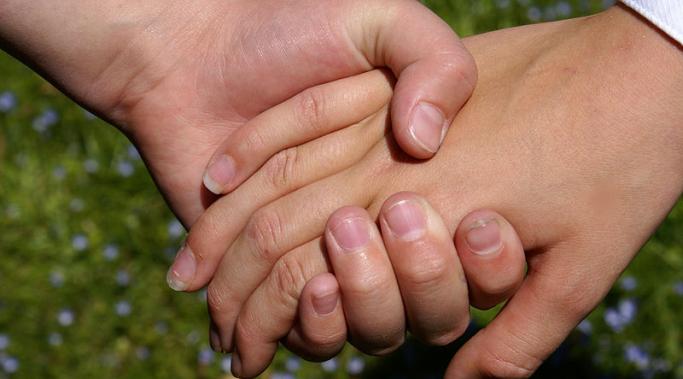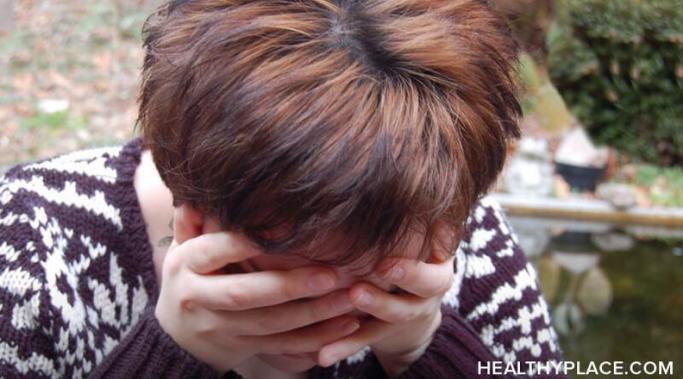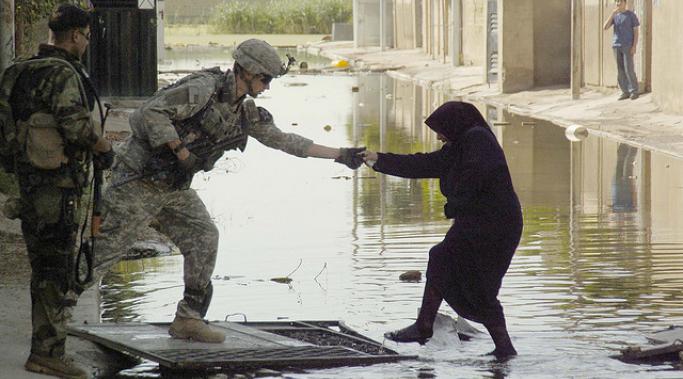Blogs
Over the years I’ve been treated for bipolar, I’ve come to the conclusion that when you sleep and when you wake (your circadian rhythm) is key in stability and wellness. If you do not wake up at the same time every morning and go to bed at the same time every night you are in for a world of hurt.
This is mostly my opinion though. There is some research on the matter, but nothing as conclusive as I feel about it. Or at least nothing that I knew about until I heard of the Chicago Psychiatry Associates’ Program in Psychiatric Chronotherapy. (Sounds complicated, but it isn’t. Stay with me.)
And by intimacy I don't necessarily mean sex but sure, there is that.
Have you heard my heart? It's beating, healing, wanting, aching, anticipating. It's telling you I hear you, see you, feel you. You aren't lost.
And it's telling me the same.
It's somewhere in the maze of all these words scrolling down yet another page. Not even a page you can hold between your fingers. Maybe just keys to prop you up as you listen, fighting the panic, and feeling like you're slowly coming unstuck, again.
Listen. You can cope with anxiety.
Anytime I'm traveling by car - whether I'm the driver or a passenger, whether it's a quick jaunt to the store or a half-day road trip - detailed visions of gruesome car accidents repeatedly interrupt my thoughts. These intrusive images are involuntary and a common symptom of posttraumatic stress disorder (PTSD) (typically comorbid in those with dissociative identity disorder). Until recently, I didn't understand why these particular intrusive images plague me so. I've never been in a serious car accident. It surprised me to learn what now seems obvious: any form of potential danger can trigger PTSD symptoms.
You may feel like the world and, especially work, is a difficult place for you and you’re oversensitive to “normal life.” This happens to many people because their depression and bipolar symptoms are triggered by outside events. Triggers for depression include: poor diet, lack of exercise, relationship issues, staying at home all day, lack of contact with people, a lack of purpose and unusual as it sounds, vacations can trigger depression.
Like most parents, Laurie Oulette wants her son to be healthy and happy. When he's sick, struggling, or in trouble she wants to help him get well. But since his father's suicide last December, Laurie's 14-year-old son has become immersed in a video game addiction.
Most of us have been programmed to say ‘yes’ since childhood. When someone asked you to do something, especially a grown-up, you knew you had better do it or there would be serious consequences, mister. That same frame of mind has carried over into adulthood with many people dreading the word ‘no’ because we want to please people, be polite, and be seen in a positive light.
Earlier this month, I wrote about how to stay on psych medication. I gave tips and tricks to help you stay on track. In today's video, I show you my own twist on psych medication reminders.
Part of having a child with a chronic condition is self-education. Whether you want to or not, you become a sort of layman's expert on whatever ails your child. I'm no exception--I know more about Bob's Bipolar and ADHD diagnoses (and others) than I ever wanted to know. The most frightening thing I've learned, however, is how little we actually know.
We Americans live in a capitalist society. Some things, however, should never be put up for sale. Money may not grow on trees, but it can be recovered if a mistake is made. Human life can not.
Crazy isn't always crazy, but I wonder if I'm lost, or if I'm found. I wonder if I'm halfway gone and nobody has bothered to tell me yet. It's a fine line, this sanity thing. Supposedly you either have it, or you don't. But I don't entirely trust this theory. And it is just a theory. Truthfully, they can't tell you what sanity is for sure except that it's something you probably can't ever be sure of. Crazy isn't always crazy.








